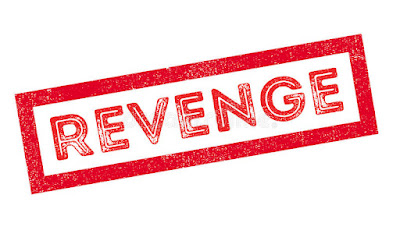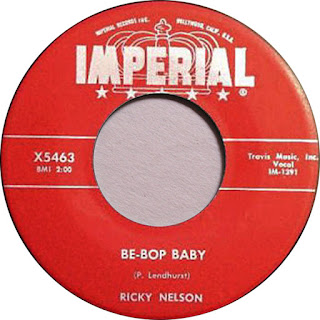The past few days, Coincidence has moved in with me.
Yesterday, for example, I wrote here about how when son Steve and I went to the Klondike in 1986, he was 14 and I was 41.
And just a few minutes ago a former student from years ago, Reza Rais (a math whiz), messaged me to see if I knew when that would happen again—what year would it be when we would once again reverse our ages?
I had no idea, so Reza quickly informed me it would be every eleven years since 1986: 52 and 25 in 1997, etc. I was impressed—though also depressed when I realized that I would probably not live to see (m)any more such anniversaries.
This morning our son, Steve, texted us a photo of a white butterfly/moth (?) he had photographed while it was resting on his back porch. It immediately reminded me of Frost’s great sonnet “Design,” which I’d memorized a couple of years ago. I texted him a copy; he liked it. (Link to sonnet.)
But here’s the one that really got me—and needs a little explanation.
Many years ago I began reciting to Joyce a couple of poems on our anniversary. One is Elizabeth Barrett Browning’s “How Do I Love Thee?” (Link to Browning.)
The other is Shakespeare’s Sonnet 29, “When, in disgrace with fortune and men’s eyes.” (Link to sonnet.)
Okay, this morning Joyce had an 8:30 appointment over in Twinsburg, and she is always wary of leaving me alone for any extended period (my wavering, woozy body), so I assured her I would be in “my” chair in the family room, reading, until she got home. I promised.
I’ve been reading the past couple of days Anne Tyler’s 1998 novel, A Patchwork Planet. About 9:15 Joyce had texted me from Twinsburg that she was leaving, and no sooner had she driven in our driveway than I read this in the Tyler book:
“I remember this one sonnet I learned, the first week I was at Renascence. It started out When, in disgrace with fortune and men’s eyes ...” (87).
I almost fell out of my chair—which would be quite an achievement since I was pretty much slumped in the comfy leather thing.
(I told Joyce; she was dazzled, too.)
Of course, the older you get, the more you do, the more you read, the more such experiences you will have. It’s not long before you begin to expect such things.
But I could not have expected this particular one—an allusion to our anniversary sonnet on the page before me the moment she returned from her appointment.




















